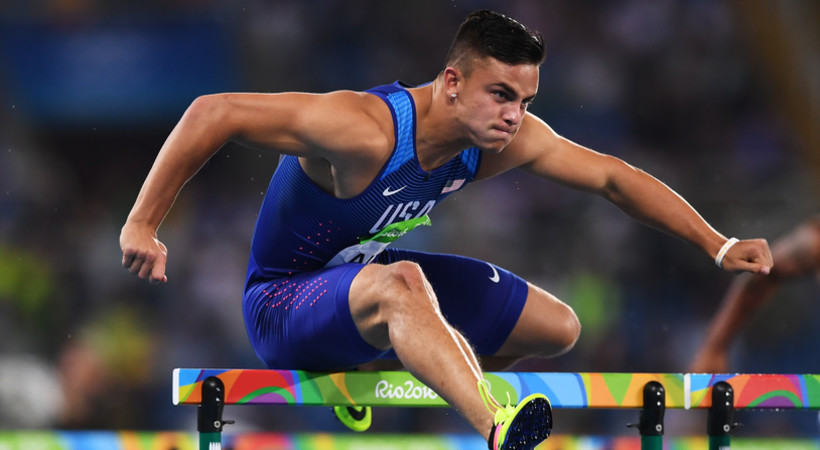- Joined
- May 29, 2013
- Messages
- 21,005
- Reaction score
- 2
I'm always hearing about how experts always claimed that the human body could never run a mile in 4 minutes, but as soon as one human accomplished it (Roger Bannister, 1954), pretty soon everyone could do it because they knew it was possible.
I wonder if what really happened is that those runners discovered steroids. The first modern steroid (synthetic testosterone) was used to build muscle mass in 1938.
In 1942, Mexico enters the steroid trade, becoming a huge international player. By 1944, Mexican production meant the price of steroids dropped radically.
In 1945 a bestselling book revealed the existence of steroids to the public and athletes/bodybuilders immediately started using.
Starting in 1948, chemists started synthesizing over 1000 different types of steroids.
It is suspected that Soviets were on steroids in 1952 and in 1954 famous athletes at the York Barbell Club were taking injections, including legendary bodybuilder and strongman John Grimek.
The reason I ask this is because I've read in several places that when you strip away the running shoes and modern running surfaces, modern runners aren't running any faster than Jesse Owens. I've read the same about several other sports which utilize hi-tech gear that allow them to set records, including swimmers. Meaning that modern training methods aren't necessarily responsible for the improved performances in many sports.
I took steroid info from this link: https://thinksteroids.com/articles/history-anabolic-steroids-sports/
I wonder if what really happened is that those runners discovered steroids. The first modern steroid (synthetic testosterone) was used to build muscle mass in 1938.
In 1942, Mexico enters the steroid trade, becoming a huge international player. By 1944, Mexican production meant the price of steroids dropped radically.
In 1945 a bestselling book revealed the existence of steroids to the public and athletes/bodybuilders immediately started using.
Starting in 1948, chemists started synthesizing over 1000 different types of steroids.
It is suspected that Soviets were on steroids in 1952 and in 1954 famous athletes at the York Barbell Club were taking injections, including legendary bodybuilder and strongman John Grimek.
The reason I ask this is because I've read in several places that when you strip away the running shoes and modern running surfaces, modern runners aren't running any faster than Jesse Owens. I've read the same about several other sports which utilize hi-tech gear that allow them to set records, including swimmers. Meaning that modern training methods aren't necessarily responsible for the improved performances in many sports.
I took steroid info from this link: https://thinksteroids.com/articles/history-anabolic-steroids-sports/











